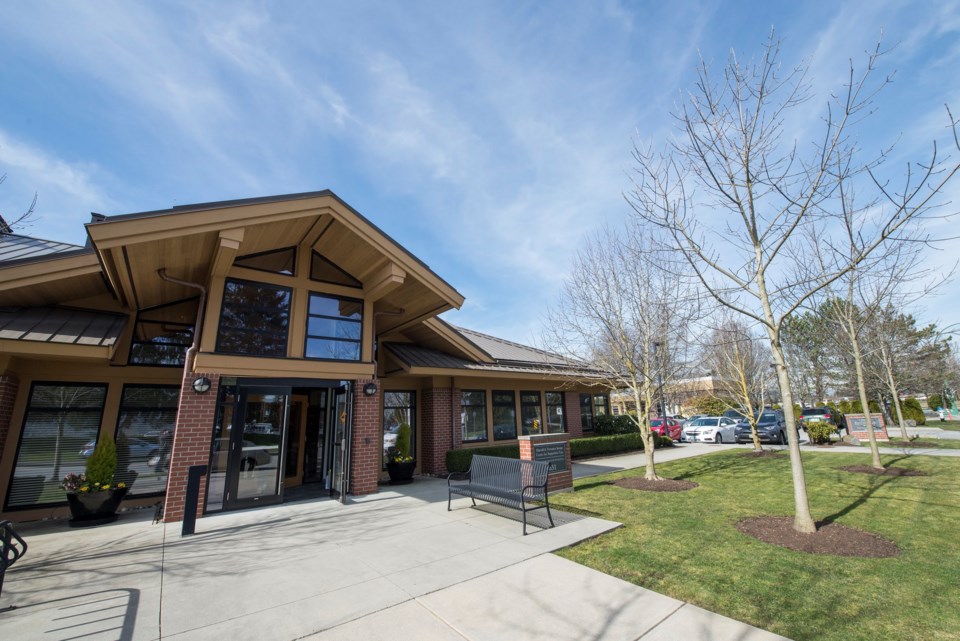Editor:
I am a member of the Delta Hospice Society (DHS). I vehemently object to the position taken by the current DHS Board that medical assistance in dying (MAID) and hospice care are mutually exclusive. Furthermore, DHS’s arguments made in its Feb. 3 presentation to the Senate committee on this point don’t specifically address the proposed changes under Bill C-7, which is attempting to enhance the existing legislation. Regardless, I feel it is necessary to highlight the misinformation surrounding DHS’s ongoing “No Euthanasia in a Hospice” campaign.
Although DHS would have you believe that no one in the palliative care industry supports MAID, nothing could be further from the truth. There is deep division about providing MAID in hospice, as evidenced by letters written to medical journals and media outlets by doctors on both sides. Interestingly, Sandy Buchman, the immediate Past President of the Canadian Medical Association, is a palliative care doctor in Toronto who publicly advocates having MAID available as an option to patients in palliative care.
The DHS Board routinely points to the World Health Organization’s dated definition of palliative care which “affirms life and regards dying as a normal process and intends neither to hasten or postpone death.” WHO’s position has evolved. As noted in the BC Court of Appeal ruling against the current DHS Board (Case 2020 BCCA 312), the Honourable Madam Justice Newbury notes in the decision that this description of palliative care has been completely removed from WHO’s latest definition (dated 5 August 2020). In addition, the fact sheet identifies one of the barriers to palliative care as “cultural and social barriers, such as beliefs about death and dying”. Given WHO’s global arena and sensitivity to various cultural and religious beliefs, it is doubtful we will ever see a definitive statement from WHO endorsing MAID. Instead, we need to read between the lines. Modifying their definition of palliative care, as they have done, is the first step, but some of their other guidelines provide key messages as well.
In their 2018 document “Integrating palliative care and symptom relief into primary care”, the WHO discusses the fundamental need to integrate palliative care into primary health care (PHC). This is sorely lacking globally and in many parts of Canada. It’s an area where both federal and provincial governments should focus more attention. The document identifies the core values of PHC, including personal responsibility, self-determination, self-reliance. Studies show that patients feel a greater sense of control when allowed to exercise autonomy in end-of-life decision making. Palliative care and MAID legislation should be tailored to accommodate this.
I’d like to end with a story from a woman who emailed me after seeing a letter I had written to the Optimist on this topic. She told me that her aunt had been admitted to Irene Thomas Hospice. On day one she had a nice meal, but then the staff realized that she was in pain and she needed to be medicated with hydromorphone. She went into a coma on day two and then, to keep her comfortable, they increased the dosage each day until she slipped away peacefully on day five. So basically, the hydromorphone slowly shut down her organs. This is quite common in palliative care wards and hospices. She ended the note to me with the rhetorical question: “Isn’t this a medically assisted death?”
The difference between MAID and palliative sedation is who is making the decision and the timeline. With MAID, an individual who is suffering and has no quality of life says: “I want this suffering to end.” Under traditional palliative sedation, the staff determines the dosage and timeline, which may be fine for most people, but it could drag on for days, weeks or even months. An individual has the legal right in Canada to make their suffering stop. It’s about controlling your own destiny.
Everyone agrees on the need and importance of good palliative care. Instead of debating narrow definitions, we should focus on how we can optimize the palliative care experience for everyone, whether they are at home or in a hospital, hospice or long-term care facility. This should include offering anyone in hospice easy access to the option of a medically assisted death. It is, after all, a legal right in Canada.
Alex Muir




